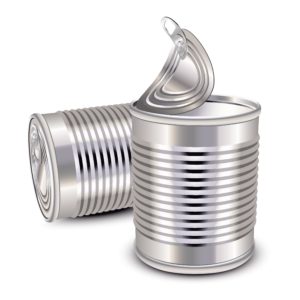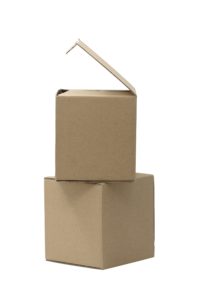
Aluminum Recycling 317-244-0700
Plastics
Plastics are unable to break down in junk yards and in landfills. This is why they are an exceptional option when it comes to recycling because they can be reprocessed into various different products and commodities instead. When it comes recycling plastics at home, there are several choices families have on a daily basis. For instance, many people drink bottled water at home and even at work. This is a perfect example of something that can be easily recycled. Millions of plastic water bottles go wasted every year because they are not able to be recycled. Additional plastic recyclables found in modern-day households include the following:
• Plastic Wrapping
• Shampoo and Soap Bottles
• All Plastic Bottles
• Laundry Soap Dispensers
• Beverage Containers
• Household Cleaning Bottles
• Plastic Lids
• Tupperware
• Plastic Ware
• And More
When it comes to residential or household recycling, it’s important to steer clear of certain types of plastics because not all plastic is good to recycle at home. Items such as plastic bags, hard plastic toys, electrical products, bubble wrap, and other similar items can potentially disrupt the equipment at standard recycling plants.
Paper and Cardboard Items

Metal Recycling Center 317-244-0700
Things like magazines, food wrappers, boxes, office paper, junk mail, paper plates or cups, cardboard cartons, newspaper, business cards, flyers, paper packaging and much more are perfect examples of common household recyclables. Paper items to avoid recycling in order to prevent damaging the equipment at professional recycling facilities include things like wax paper, wet paper items, wrapping paper, shredded paper, and no food covered items like pizza boxes.
Glass and Other Items
Glass is one of the best candidates for residential recycling because it can be reused and reprocessed over and over again to make new products and items. Although wonderful option for recycling, one has to be careful when it comes to recycling glass because even small amounts of contaminants can disrupt an entire load at the recycling center. Be sure to only recycle clear, brown, or green glass items; such as jars, beer bottles, glass bottles, wine bottles, glass containers, and other similar types of glass. Avoid recycling glass items like ceramics, light bulbs, mirrors, mixed colored glass, window glass, crystal, Pyrex or plate glass, and Cathode-ray tubes (CRTs), which are found in television sets and some computers.
Metal
One of the most simple, abundant, inconvenient items to recycle in a person’s household is metal. Metal products can be melted down and reproduced as new products; everything from tools and equipment, to license plate frames, canning, and more. In fact, recycling metal cans alone saves nearly 75% of the energy required to produce them in the first place. In your home, the most common items you’ll find that can be recycled include:
• Aluminum Cans
• Aluminum foil
• Bakeware (i.e. pie pans, utensils, etc.)
• Coffee Cans
• Soda Cans
• Tins
• Jewelry
• And More
Items to Avoid Recycling at Home
It is important to recognize the items in your home that cannot be recycled to residential recycling services as well. There are several items within a home that are recyclable, but not through residential recycling companies. This is because these recyclables are considered hazardous items or simply too large or complex; and should only be recycled through specialty reprocessing services. Things like pots and pans, appliances, power tools, batteries and electronics are considered hazardous but recyclable. Other examples include car batteries, standard batteries, button batteries, rechargeable batteries, and any other type of battery should be collected and recycled at a local facility.
Residential recycling services cannot support e-waste recycling either. Broken or outdated circuit boards, cell phones, computers, and other electronic devices are considered e-waste and can be recycled only at specialty recycling facilities. At these specialized salvaging locations, they can be reprocessed and reused as other convenient products and commodities for everyday households.
Indianapolis Recycling Services

Indianapolis Metal Recycling 317-244-0700
